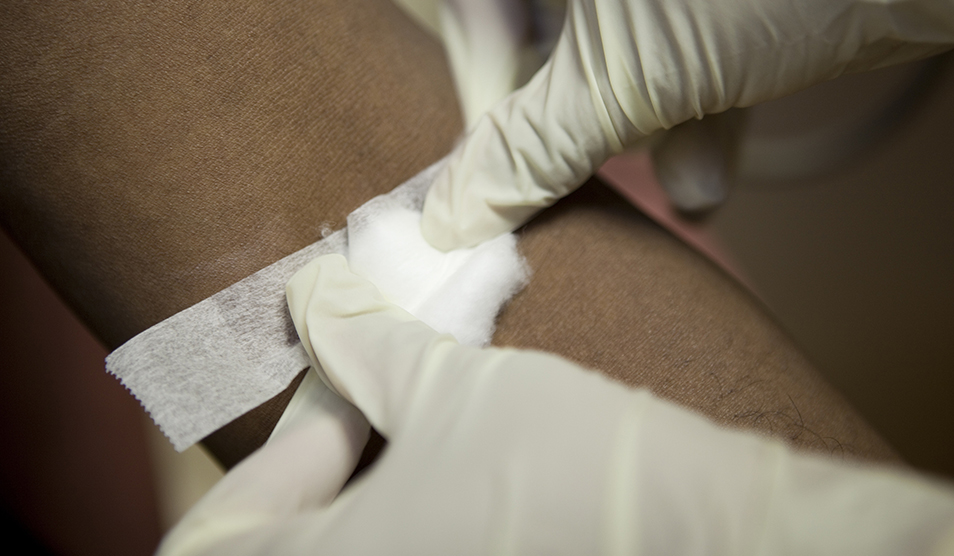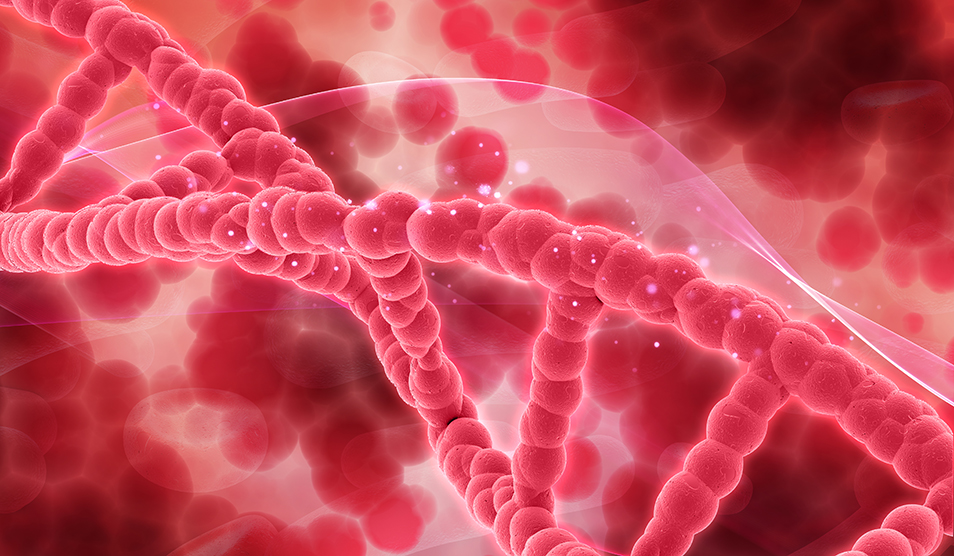Child psychiatry (CAMHS)
Contact
- Outpatients appointments
- 020 3204 5500
Visitor Information
Translation help:
To translate this page into your preferred language, click the Google Translate icon in the top-right menu and select your desired language.
We are a child and adolescent mental health service (CAMHS), consisting of a multidisciplinary team of professionals trained to support children experiencing emotional and behavioural problems, and their families.
We treat a wide range of emotional and behavioural problems including: depression, anxiety, obsessive compulsive disorder (OCD), psychosis, eating disorders, self-harm, attention deficit hyperactivity disorder (ADHD) and autism spectrum disorder (ASD).
We provide a range of therapeutic support including a variety of talking therapies and medication where appropriate.
We work together as a team to understand and support the needs of individual children and families that are referred to us.
Our multidisciplinary team consists of consultant psychiatrists, family therapists, psychologists, psychotherapists, specialist CAMHS nurses and primary mental health workers.
Clinics
Child psychiatry clinic at St Mary's Hospital
Inpatients are seen at St Mary’s Hospital.
Child psychiatry clinic at Westminster CAMHS
Address:
Outpatients
Westminster CAMHS
38 Marlborough Place
London NW8 0PJ
Hours09.00 to 17.00, Monday through Friday
Contact information
Phone: 020 3204 5500
Email: westminstercamhs.cnwl@nhs.net
Refer to this service
GP and secondary care
Please complete a standard referral form and email the service.
Email: westminstercamhs.cnwl@nhs.net
GP advice
Phone: 020 3204 5500
Further resources
Latest news See all news
-
 Read the full story
Read the full storySt Mary’s trialling 15-minute blood test for life-threatening conditions in children
St Mary’s Hospital is one of three hospitals involved in an NHS trial to find out if an innovative 15-minute blood test can diagnose children with potentially life-threatening infections.
-
 Read the full story
Read the full storyFinalists at HSJ Digital Awards
Imperial College Healthcare has been shortlisted for five HSJ Digital Awards.
-
 Read the full story
Read the full storyWorld-first gene-editing treatment for blood disorders including sickle cell disease approved for use in the NHS
NICE has today approved a gene-editing treatment for use with NHS patients over the age of 12 with a severe form of sickle cell disease.
